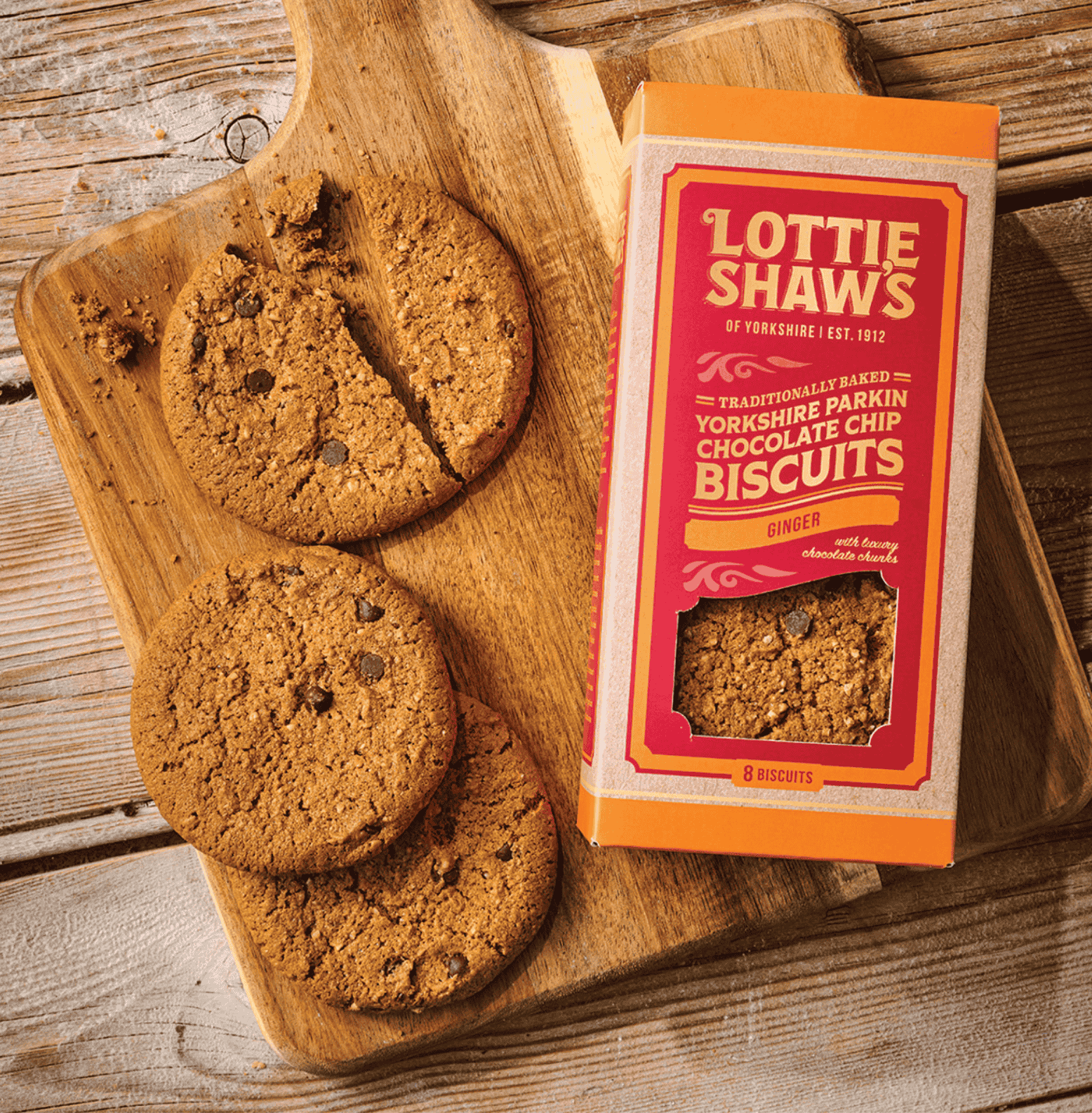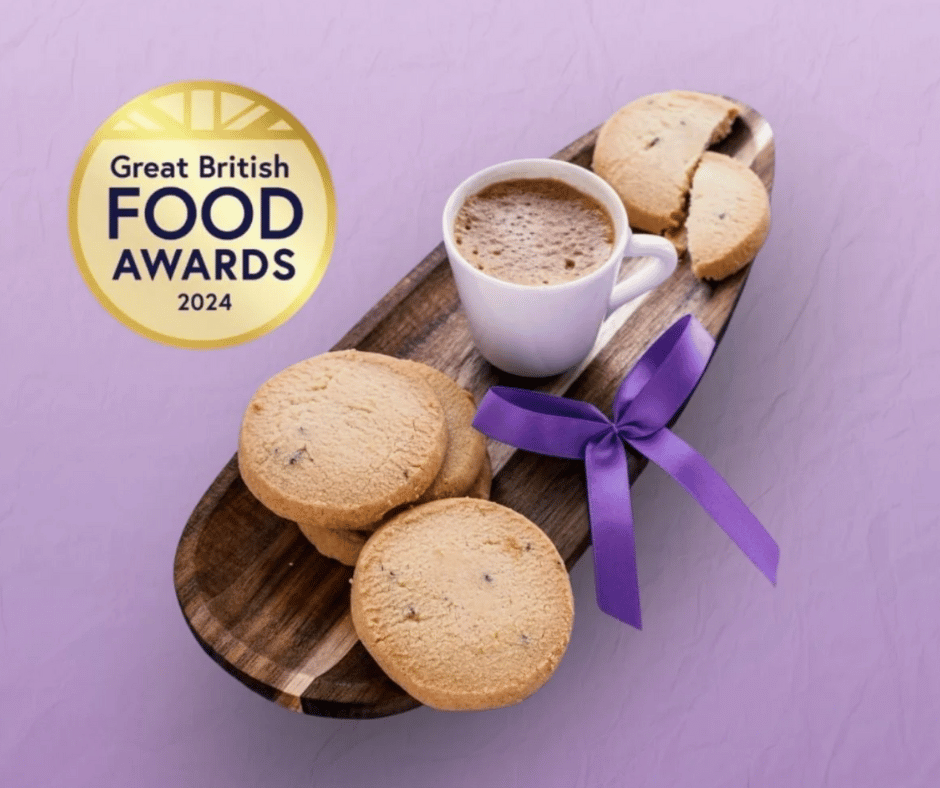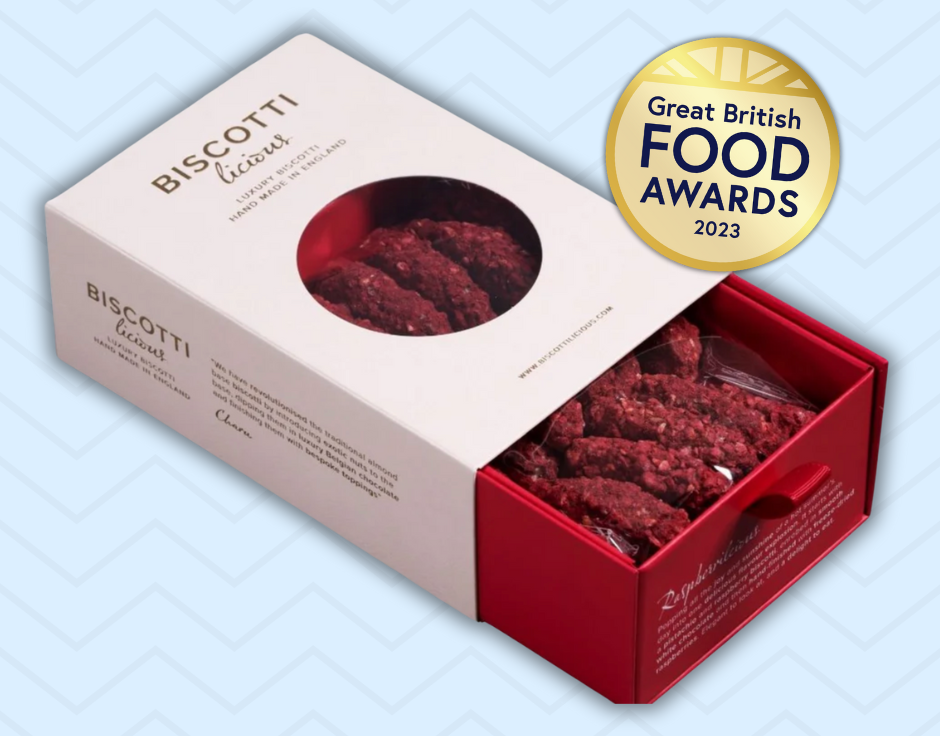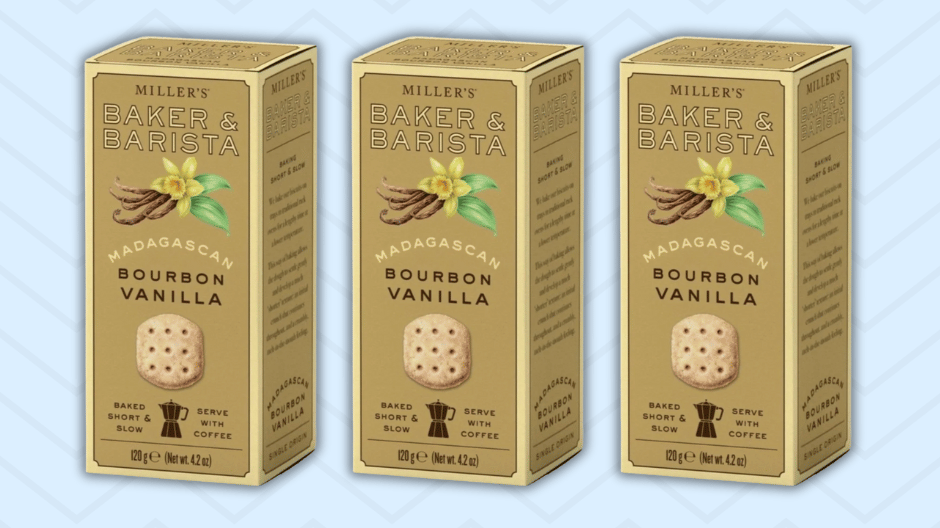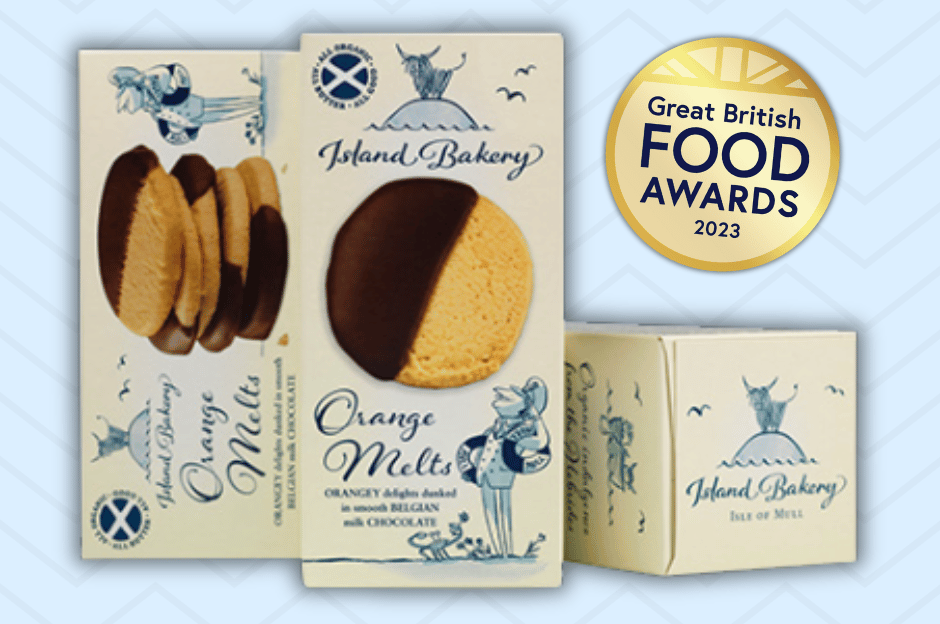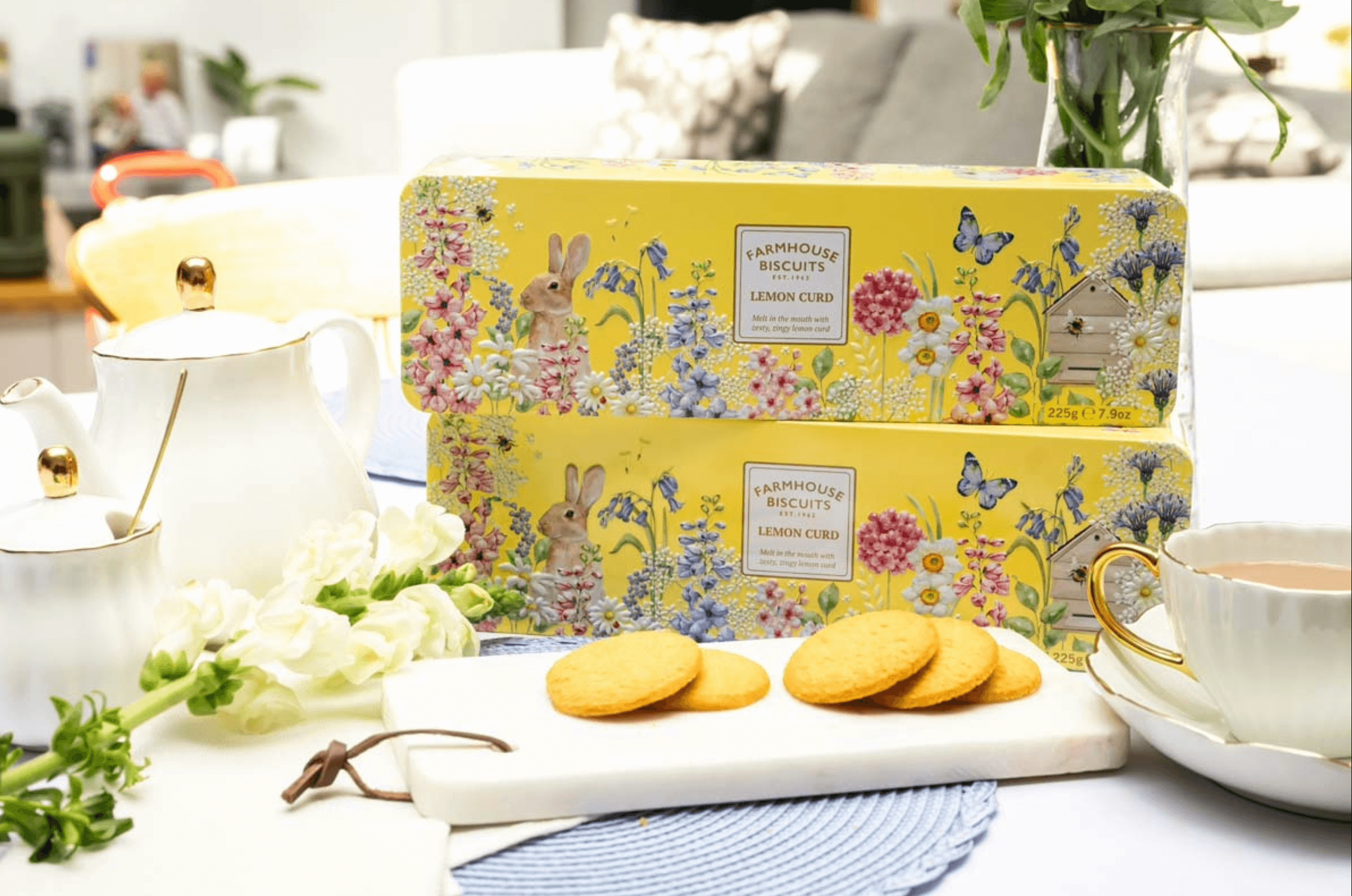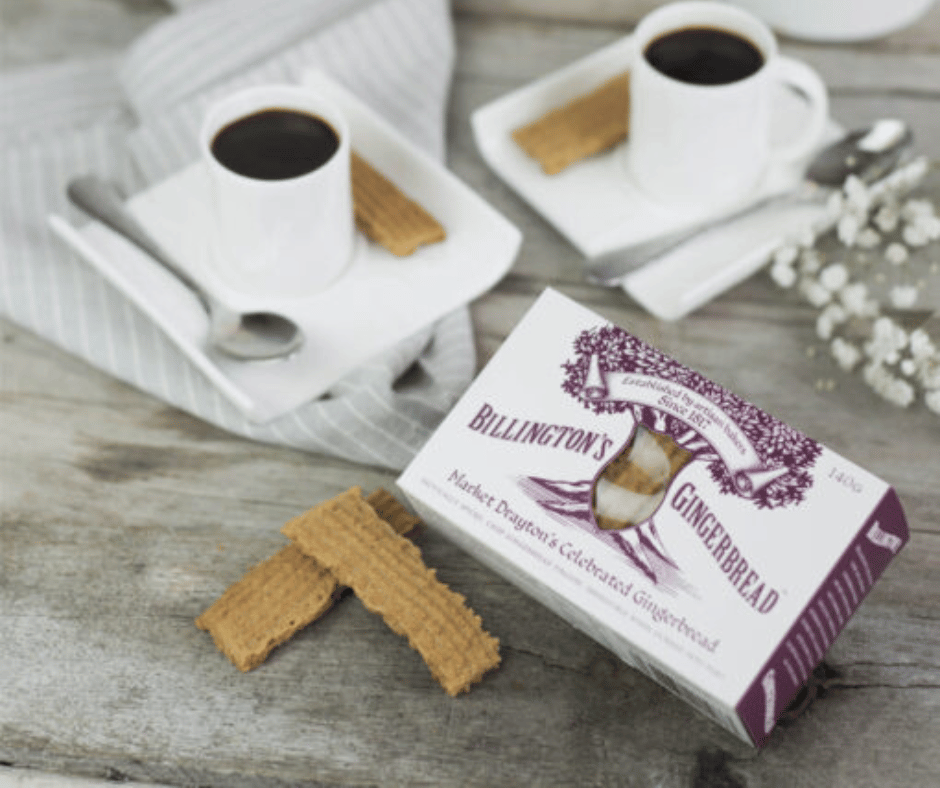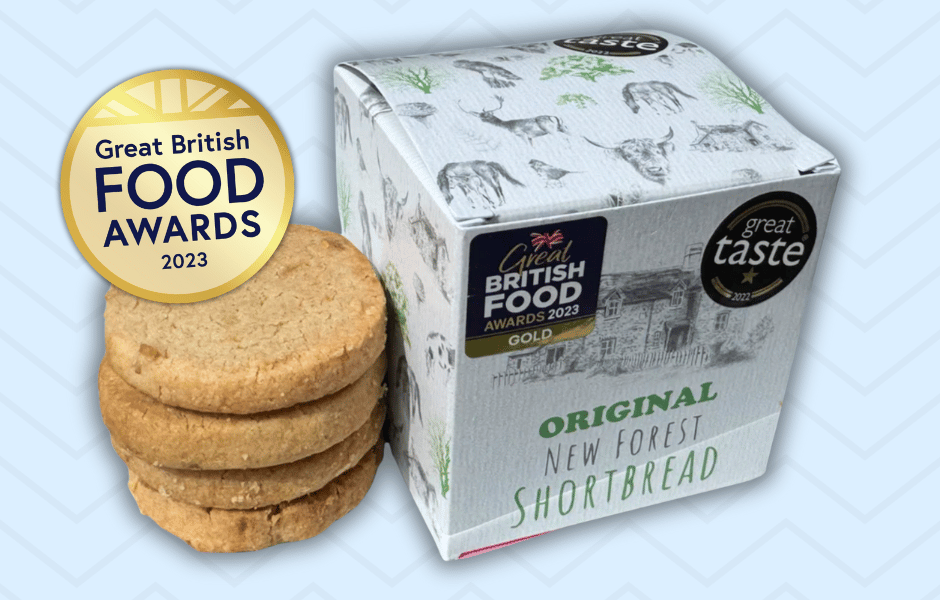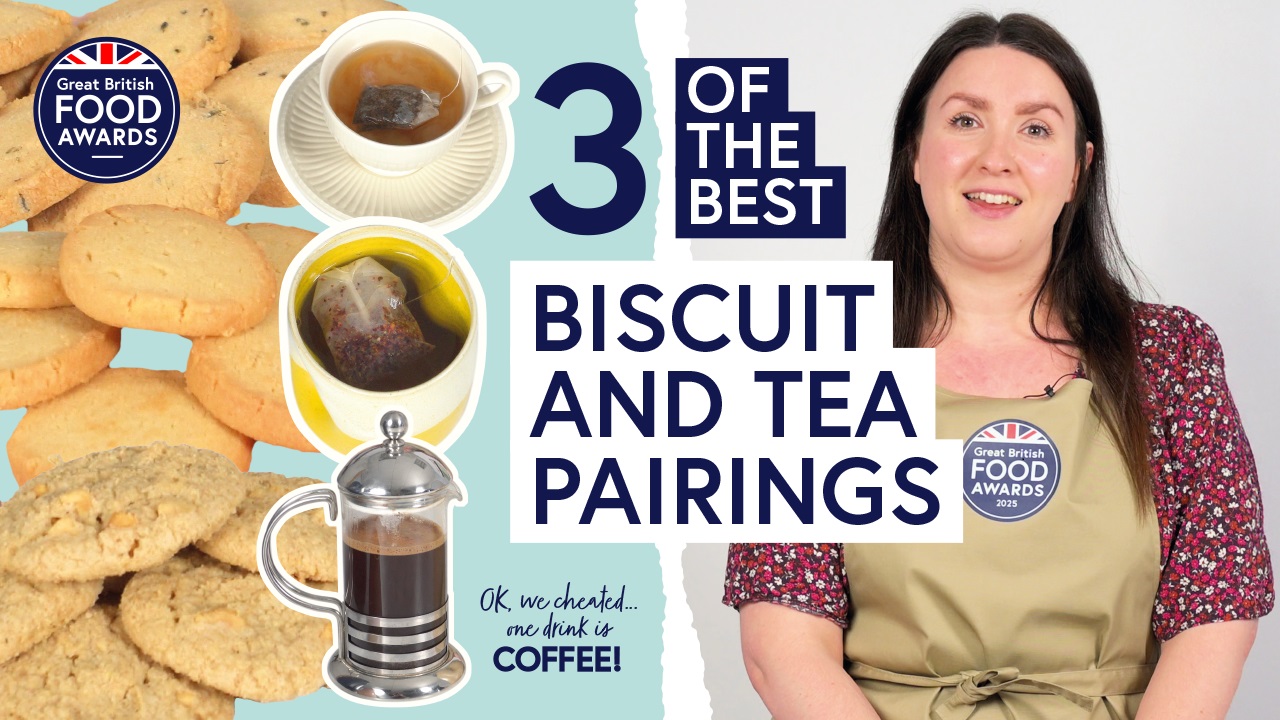Biscuits are a staple of British culture, and some of our country’s favourites have truly stood the test of time.
“Classics like custard creams, bourbons, malted milk and digestives continue to hold strong positions in the nation’s top biscuit rankings. This is despite the growing variety of cookies, oat-based biscuits and shortbreads available today,” says Frank Bird, group operations director at Boparan Foods, which owns Elkes Biscuits.
Are biscuits British?
Biscuits have a long history in Britain, dating as far back as the Neolithic age. But biscuits as we would recognise them today began to develop around the Medieval period, according to food historian Annie Gray, writing for English Heritage.
In modern times, traditional favourites have emerged, such as digestives, shortbread and, Frank’s favourite, custard creams.
“If I had to pick one standout, it would be the custard cream", explains Frank, who has more than 25 years of experience in the bakery sector. "This iconic biscuit has been around for over 100 years, with its origins in the early 1900s, inspired by rich and decorative Victorian baking,” he explains.
“Originally a sign of indulgence, it became a household staple in the post-war years as biscuit manufacturing expanded. Its distinctive baroque-style design and vanilla-flavoured cream filling remain instantly recognisable and much loved,” Frank continues.
Another firm favourite is the bourbon biscuit, created by Peek Freans in London in the early 1900s. “With its embossed name and chocolate-on-chocolate combination, it’s another mainstay of the British biscuit barrel,” Frank says.
“Like the custard cream, the bourbon has a strong sense of nostalgia tied to it. Everyone seems to have their favourite way of eating one, whether it’s dunking, splitting, or sandwiching two together.”
Why Brits love biscuits
Frank believes that what makes traditional biscuits like bourbons and custard creams so special is people’s emotional connection with them. “They’re tied to childhood memories, family rituals, and of course, a cup of tea," he explains.
"They’re also affordable, familiar, and comforting, which is a powerful combination in today’s world.”
Simon Warren, owner of The East Street Deli in Wimborne, Dorset, has seen customer interest in biscuits grow recently. There's been a resurgence in buying biscuit tins throughout the year, not just at the traditional Christmas time.
His opinion on biscuits is entirely relatable. He says, “Biscuits are my downfall! Once that packet has been opened it’s a battle to stop myself demolishing the whole thing.”
Even those of us who have tightened our finances due to the cost-of-living crisis can’t resist biscuits. We see them as an affordable treat.
People who rated their finances as ‘ok’ or ‘struggling/in trouble’ still ate biscuits at least three times a week, data from market researchers Mintel shows. Those with healthier finances ate them even more frequently.
While Simon sees most shoppers sticking with traditional favourites, there is certainly room for new innovations and unique, local options.
“We have a great, local and well-known supplier in Moores who are based in West Dorset. They make the well known ‘Dorset Knob’ biscuits. These are always popular with the many holiday makers that visit Wimborne throughout the year, but they also make a range of biscuits that work well for us,” Simon says.
What’s new in the world of British biscuits?
While traditional is popular, today’s biscuit makers are getting more creative in flavours and design. “It’s a fascinating moment where classic biscuits are getting a fresh twist through new formats, coatings and flavour combinations, while the heritage and familiarity remain intact,” Frank from Elkes Biscuits says.
Another prominent trend today is the premiumisation of everyday biscuits, “often using chocolate to coat the biscuit in some form or another,” Frank says.
“Where a chocolate-coated biscuit once felt like a luxury, it’s increasingly becoming standard. We now see innovations like fully moulded chocolate biscuits, or even the classic custard cream fully coated in chocolate. It's a small change that creates a big leap in indulgence.”
Advances in natural flavourings and ingredients also mean biscuit makers are moving away from ‘round and brown’ varieties. Instead, they're including more fruit notes, spices and creative twists in terms of taste and texture, Frank says.
“This will likely continue with the rise of hybrid products. These combine the familiarity of traditional biscuits with bold new flavour profiles, inclusions, or textures. It’s a very exciting space where tradition meets creativity, and where British biscuit making can continue to evolve while staying true to its roots.”
10 of the best British biscuits
Indulge your sweet tooth with these ten classic British biscuits that are guaranteed to have you reaching for the biscuit tin…
